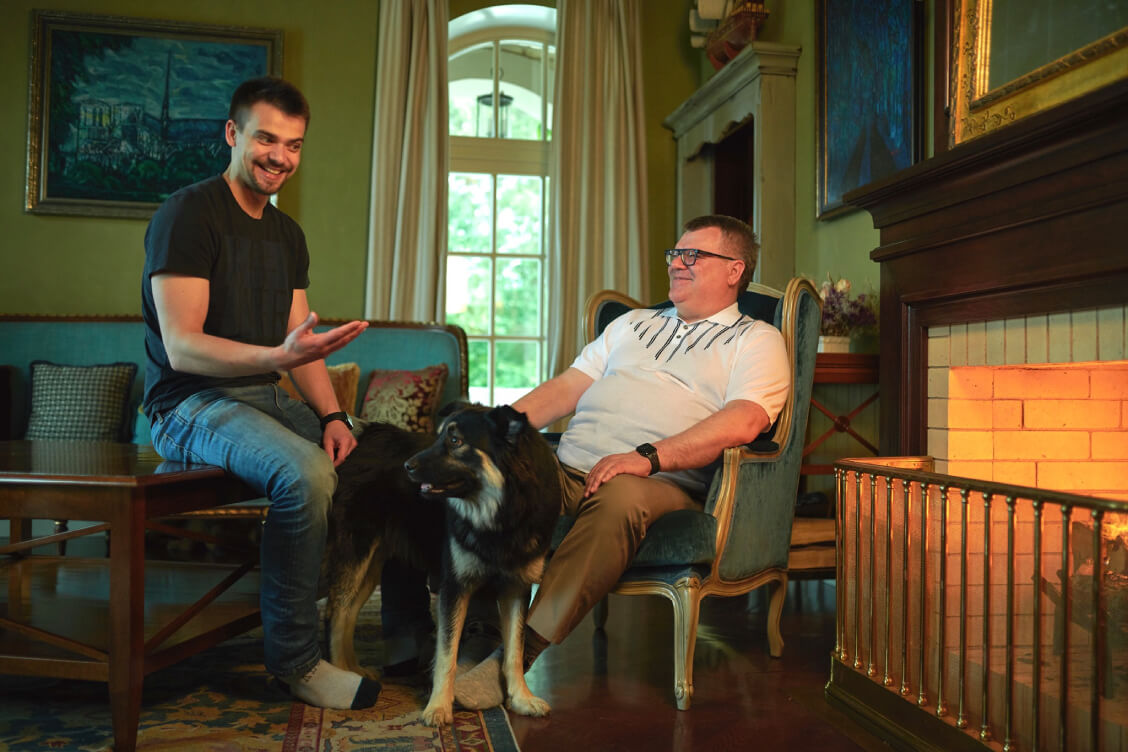Russia’s election commission has barred anti-war candidate Boris Nadezhdin from the next month’s presidential vote. Some observers are drawing parallels with the 2020 race in Belarus, saying that Russian President Vladimir Putin is learning from Alaksandar Łukašenka’s mistakes.

Putin, however, practiced ballot-access denial before. In 2018, he did not allow the late outspoken critic Alexei Navalny to collect signatures.
Belarus and Russia: similarities and differences
Analysts draw other parallels with the Belarusian election. In particular, some compare Nadezhdin with Śviatłana Cichanoŭskaja.
In fact, it would be more accurate to compare the Russian challenger with Viktar Babaryka or Valer Capkała. Both were respectable representatives of the elites. Babaryka had headed Belgazprombank, and Capkała was a senior diplomat and head of the High Technology Park. Both ran on moderate platforms, drawing support from a broad spectrum of voters.

Why did the Kremlin let Nadezhdin register his signature collection group in the first place? After all, as with Navalny, it could have simply prevented him from collecting signatures. There would have been no queues of voters to put signatures in support of Nadezhdin, no hype around his name, and the campaign could have been easier for Putin.
Minsk overlooked Babaryka’s momentum
It seems that Putin made the same mistake as Łukašenka in 2020. Had the Belarusian central election commission not registered Babaryka’s signature-collection group, like it did with regard to Siarhiej Cichanoŭski’s team, there might have been no protests from August to December.
Minsk gave Babaryka a legal opportunity to campaign for a month. His team mobilized 10,000 volunteers in a matter of days and collected 435,000 signatures in a month.
Nadezhdin collected more than 200,000 signatures across Russia, according to his campaign, and submitted 105,000 to the election authority.
Babaryka was a candidate of hope for a large number of disenchanted voters. His arrest sparked protests, and the opposition later capitalized on his campaign’s momentum.
When Babaryka was denied registration, protests swept the country. Several thousand people formed a kilometer line outside the election commission office to file appeals against the denial of registration. Voters filed about 5,000 appeals before the commission stopped accepting them. Voters converged on the central post office in Minsk to mail their complaints, but authorities closed it.
Had the government not registered Babaryka’s group, unrest might be easier to control.
The registration of Babaryka’s signature collection group was one of many mistakes made by Lukashenka in 2020, if not the most important one.
Kremlin experiment failed
Putin’s cronies probably regret giving Nadezhdin a chance to promote himself as an anti-war leader.
In a way, the government conducted a test to measure anti-war and anti-Putin sentiment. It is quite high, so the government decided to put an end to the opposition hopeful’s campaign, albeit in a more stylish way than Łukašenka did in Belarus in 2020. It has not sent Nadezhdin to prison and narrowly got away with his disqualification.
Nadezhdin is said to have had a zero rating before he announced his bid. Nobody knew Cichanoŭskaja when she launched her campaign, and Babaryka trailed early into the contest. The then housewife built a tide because many voters were fed up with Łukašenka.
Putin is said to do well in polls, not like Łukašenka in the summer of 2020, probably because there is no alternative. For many years Łukašenka was in a similar situation. “Who else but him?” many voters said. But as soon as there is an opponent, the ratings of authoritarian leaders may fall rapidly.
No thrills in 2025
In the run-up to the local and parliamentary elections, Łukašenka made it crystal clear that has drawn at least one important conclusion from his blunders – there must be no real opposition and no alternative.
He is set to hold a presidential election in 2025 without any opponents, even weak ones, for the first time. Instead, there will be figureheads, stooges and spoiler candidates like the ones Putin has now.
They may be older than Łukašenka, so that he looks younger, like Nikolai Kharitonov in Russia, who is four years older than Putin. Some eccentric figures, like Mikałaj Ułachovič, a leader of Cossacks registered as a candidate in Belarus in 2015, may be allowed to compete, but, for instance, Aleh Hajdukevič, who is doing his best to please the ruler, might be barred because he looks younger and more energetic than Łukašenka.